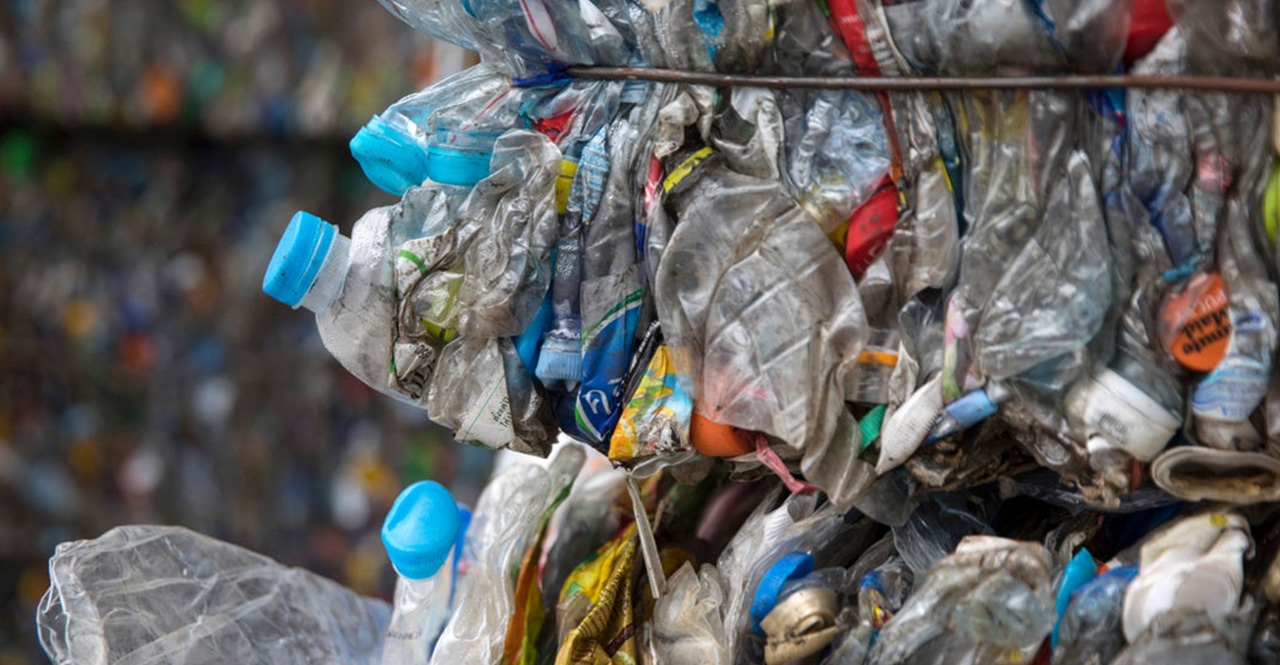Reclaim Waste Melbourne: Advanced Methods for Reliable Liquid Waste Removal
Reclaim Waste Melbourne: Advanced Methods for Reliable Liquid Waste Removal
Blog Article
Fostering Source Effectiveness and Environmental Management With Liquid Waste Elimination Programs
In the world of ecological stewardship, the monitoring of fluid waste stands as an important time where resource performance and environmental management converge. Liquid waste removal programs play a crucial function in guarding our environments and guaranteeing lasting advancement practices. By carefully dealing with the disposal of fluid waste, neighborhoods and markets can not only reduce possible dangers yet also unlock opportunities for reusing and repurposing useful resources. As we browse the intricacies of waste monitoring in a rapidly advancing world, the synergy in between innovative modern technologies, stringent laws, and forward-thinking techniques becomes increasingly extremely important. Through a lens of positive interaction and strategic foresight, the landscape of fluid waste management reveals a tapestry of difficulties and opportunities that beckon us to discover the path in the direction of a greener and even more sustainable future.
Value of Liquid Waste Elimination
The importance of liquid waste removal exists in its critical duty in maintaining environmental wellness and protecting public well-being. Liquid waste, otherwise properly handled, can pose serious risks to ecosystems, water sources, and human wellness. With reliable elimination procedures, damaging substances such as chemicals, virus, and contaminants are avoided from polluting the setting and causing detrimental effects.
Correct fluid waste removal likewise assists in avoiding the spread of diseases and lowering the capacity for groundwater contamination. By securely throwing away fluid waste, the risk of waterborne ailments and pollution-related health and wellness problems is substantially decreased - Reclaim Waste. Additionally, effective removal practices add to maintaining the total cleanliness and aesthetic appeals of neighborhoods, consequently enhancing the high quality of life for residents
Additionally, liquid waste removal plays a vital duty in sustaining lasting development and making sure compliance with ecological laws. By adhering to correct waste administration procedures, companies and sectors can minimize their environmental footprint and show corporate duty. Inevitably, buying robust liquid waste elimination programs is necessary for promoting environmental stewardship and promoting a healthier, more secure future for all.

Benefits of Reliable Disposal
Efficient disposal of liquid waste not just safeguards environmental wellness and public health but likewise produces many benefits that prolong past immediate containment actions. One essential benefit of effective disposal is the reduction of air pollution in water bodies and soil. By properly handling liquid waste, the threat of contamination lowers, securing and protecting environments biodiversity. Furthermore, reliable disposal practices add to source preservation. Through procedures like reusing and power healing, beneficial sources can be drawn out from liquid waste, promoting sustainability and minimizing the stress on raw products. Moreover, adopting efficient disposal methods can result in cost savings for neighborhoods and services. By optimizing waste management procedures, organizations can streamline procedures, minimize disposal expenditures, and potentially produce earnings via the sale of recycled products. In general, the advantages of efficient liquid garbage disposal are complex, encompassing ecological defense, source efficiency, and financial advantages.
Technologies for Waste Treatment
Using sophisticated modern technologies for waste therapy plays a critical role in ensuring the effective administration and safe disposal of fluid waste. One of the crucial modern technologies utilized in fluid waste therapy is organic treatment.
Additionally, thermal treatment techniques such as incineration can be utilized for the complete devastation of dangerous components in liquid waste. On the whole, the integration of varied therapy innovations ensures eco friendly and comprehensive management of fluid waste.
Function of Regulations and Conformity
In the realm of fluid waste management, adherence to regulatory structures and compliance requirements is critical for guarding environmental health and sustainability. Regulations play an essential role in regulating the proper handling, therapy, and disposal of fluid waste to stop harm to communities and human health. By developing clear guidelines and criteria, governing bodies make certain that businesses and people involved in liquid waste monitoring run in an ecologically accountable way.
Compliance with these guidelines is not just a legal requirement yet additionally an ethical obligation to shield the setting for present and future generations. It includes executing best methods in waste collection, therapy, transportation, and disposal to reduce ecological influence and promote source performance. Non-compliance can lead to penalties, legal activity, and reputational damage for companies, highlighting the significance of maintaining regulative requirements.

Future Patterns in Waste Monitoring

One more key fad in waste management is the adoption of innovative data analytics and Industrial waste water treatment synthetic intelligence to maximize waste collection paths, enhance arranging processes, and improve general operational performance. These technologies enable waste monitoring firms to make data-driven decisions, resulting in cost savings and ecological benefits.
In addition, there is an expanding focus on the growth of decentralized waste monitoring systems, such as onsite treatment centers and mobile waste handling devices. These systems offer flexibility and scalability, enabling extra efficient waste handling in diverse environments.
Final Thought
Finally, cultivating resource effectiveness and environmental security via fluid waste removal programs is essential for sustainable development. Effective disposal methods, advanced modern technologies for waste treatment, and rigorous guidelines play vital duties in decreasing ecological effect. Looking ahead, constant technology and enhancement in waste monitoring techniques will certainly be important for addressing the growing difficulties of fluid garbage disposal.
In the realm of ecological stewardship, the monitoring of fluid waste stands as an essential time where resource effectiveness and environmental security converge (Industrial waste water treatment).Using sophisticated innovations for waste therapy plays a crucial duty in ensuring the reliable monitoring and risk-free disposal of liquid waste.In the world of click site fluid waste monitoring, adherence to governing frameworks and compliance standards is extremely important for protecting environmental health and sustainability.In final thought, promoting resource efficiency and ecological security with liquid waste elimination programs is essential for lasting growth. Looking in advance, constant development and improvement in waste monitoring techniques will certainly be important for dealing with the growing obstacles of liquid waste disposal
Report this page